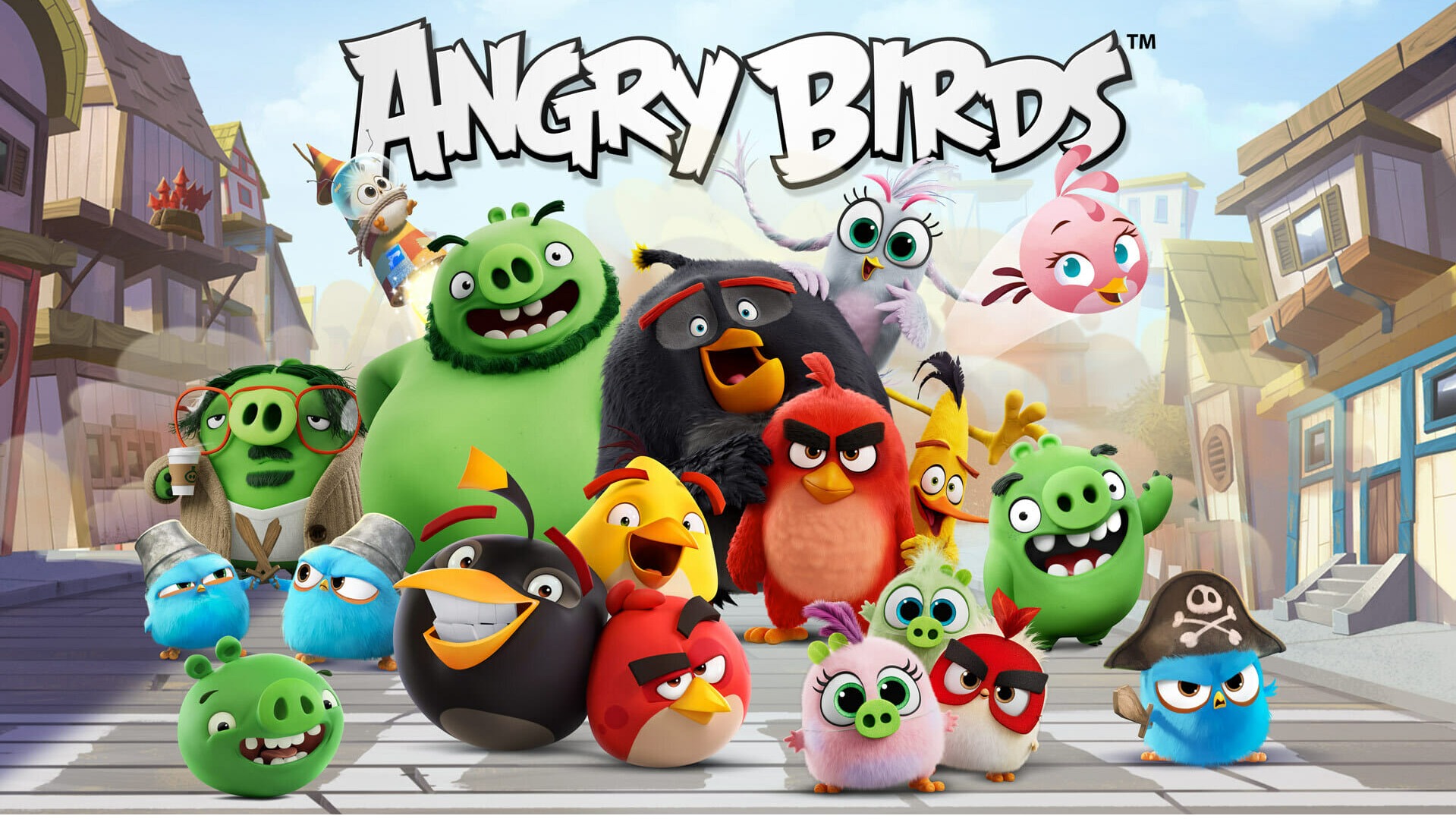Sega Sammy Holdings, the parent company of Sonic The Hedgehog-maker Sega, has announced a deal to acquire Finland's Rovio Entertainment Oyj for $776 million.
Rovio is best known for the Angry Birds franchise, which contains over 30 games (primarily on mobile), two star-studded animated feature films and a merchandising empire.
Sega Sammy has offered a 19 per cent premium over Rovio’s closing price on Friday, and said that the deal will allow it to bolster its mobile gaming business – an area in which Sega has heavily invested but has yet to turn into a significant profit-generating unit.
In a statement, Sega Sammy chief executive officer Haruki Satomi, said: “In the rapidly growing global gaming market, the mobile gaming market has especially high potential, and it has been Sega's long-term goal to accelerate its expansion in this field.”
The statement added that Rovio’s board of directors supported the tender offer, with the Finnish company’s chief exec Alexandre Pelletier-Normand adding: “"Combining the strengths of Rovio and Sega presents an incredibly exciting future.”
While Rovio’s share price significantly grew on the news, Sega Sammy shares dipped by over 4 per cent on the day prior to the tender as investors raised doubts about synergies. Critics have argued that Angry Birds, a property once synonymous with smartphone gaming, is past its peak and that there is uncertainty surrounding the success of future games in the franchise.
The news ends a months-long saga surrounding Rovio's acquisition. Israel's Playtika made a public bid for Rovio in January of $737.50 million, building on a previously rejected bid made privately in November 2022. Talks with Playtika were called off last month.
Latest News
-
Regulators failing to protect UK from AI risks in finance, warn MPs
-
Confidence in AI’s ability to improve corporate finances is low, finds PwC research
-
HSBC launches AI chatbot for legal department
-
JD Sports rolls out RFID to modernise inventory management across Europe
-
EU plans to bar Huawei and ZTE from critical infrastructure networks
-
Britain to use Ukrainian anti-drone warfare tactics to secure prisons
The future-ready CFO: Driving strategic growth and innovation
This National Technology News webinar sponsored by Sage will explore how CFOs can leverage their unique blend of financial acumen, technological savvy, and strategic mindset to foster cross-functional collaboration and shape overall company direction. Attendees will gain insights into breaking down operational silos, aligning goals across departments like IT, operations, HR, and marketing, and utilising technology to enable real-time data sharing and visibility.
The corporate roadmap to payment excellence: Keeping pace with emerging trends to maximise growth opportunities
In today's rapidly evolving finance and accounting landscape, one of the biggest challenges organisations face is attracting and retaining top talent. As automation and AI revolutionise the profession, finance teams require new skillsets centred on analysis, collaboration, and strategic thinking to drive sustainable competitive advantage.
© 2019 Perspective Publishing Privacy & Cookies








Recent Stories